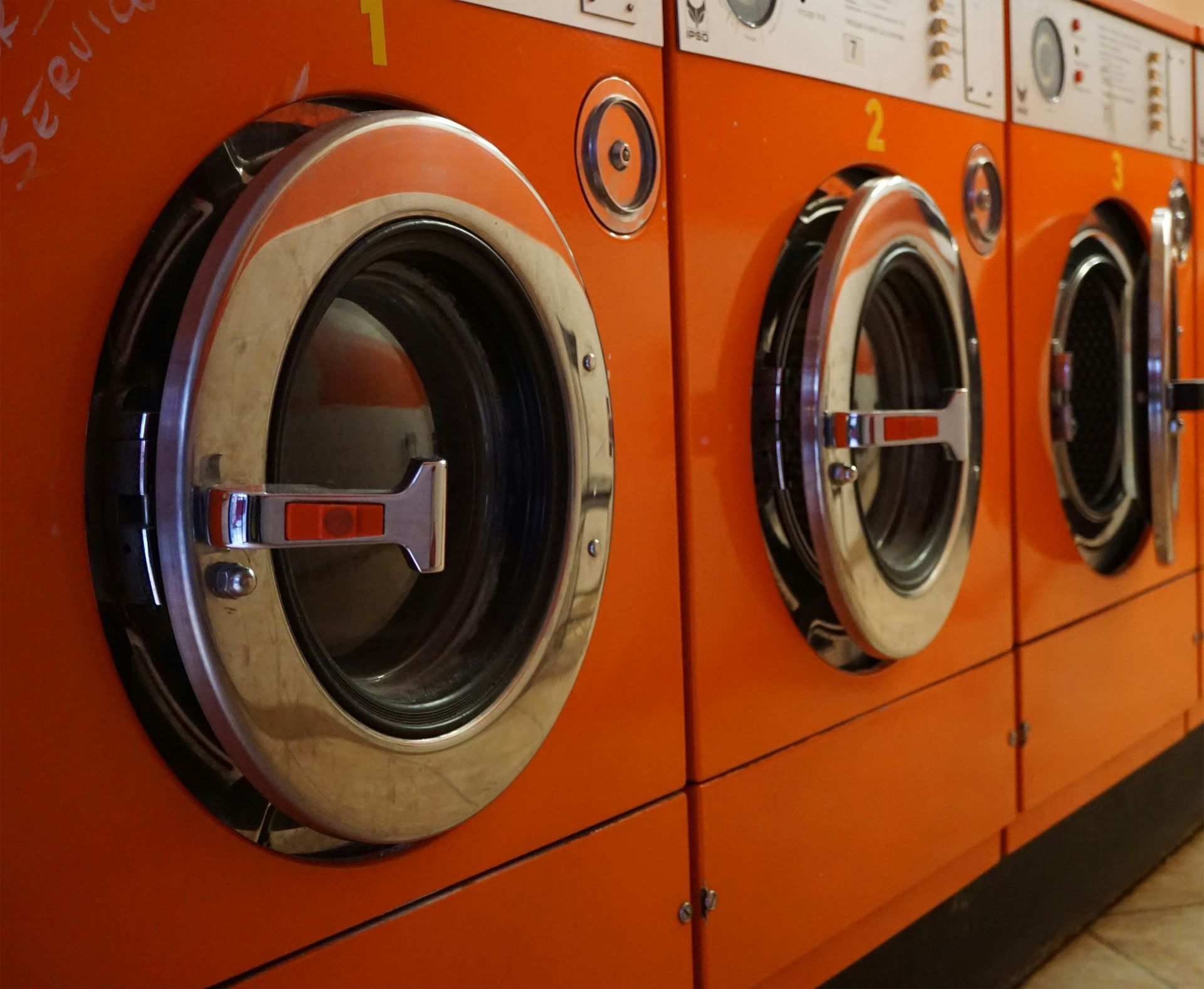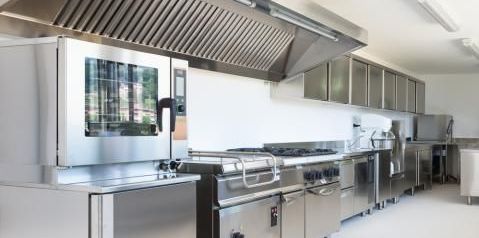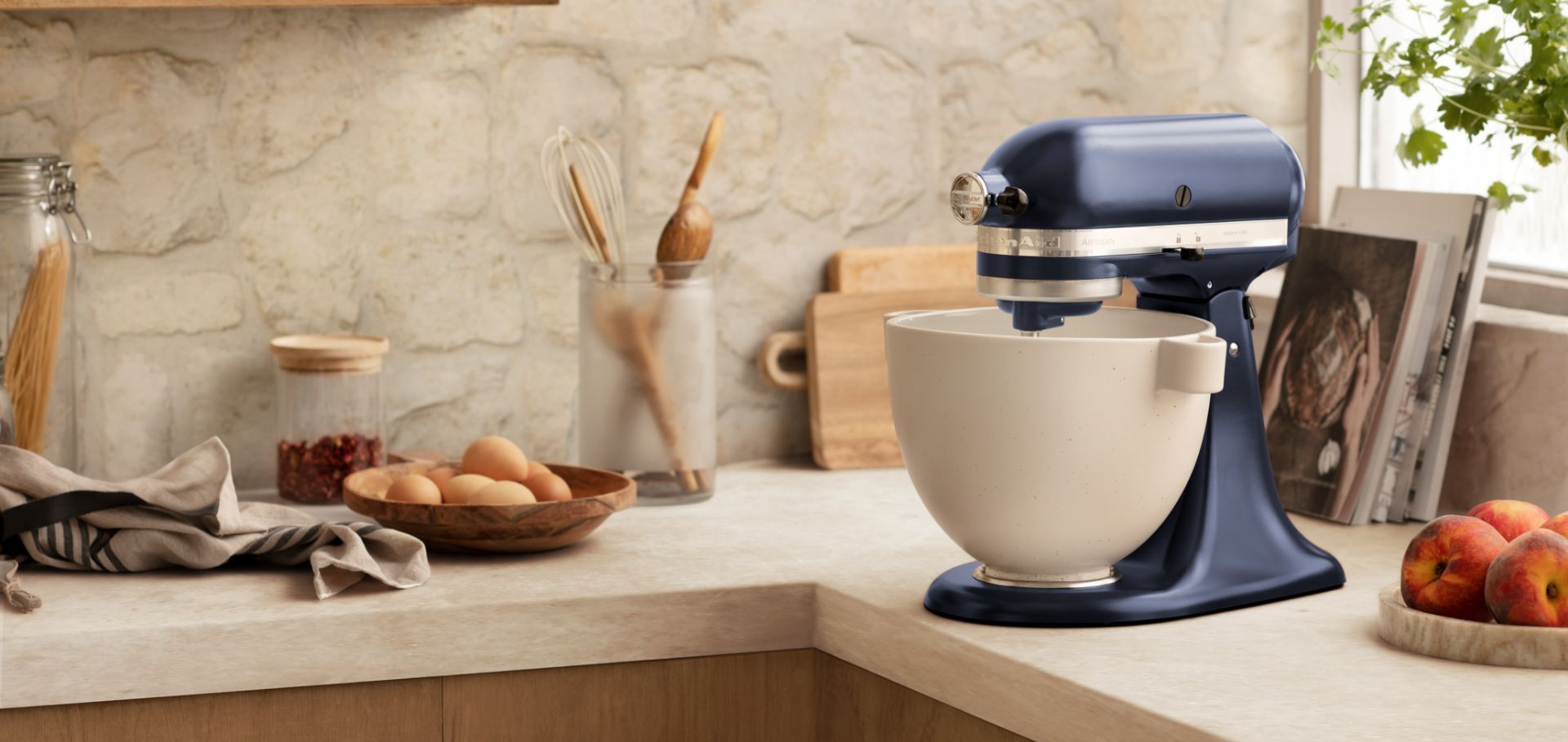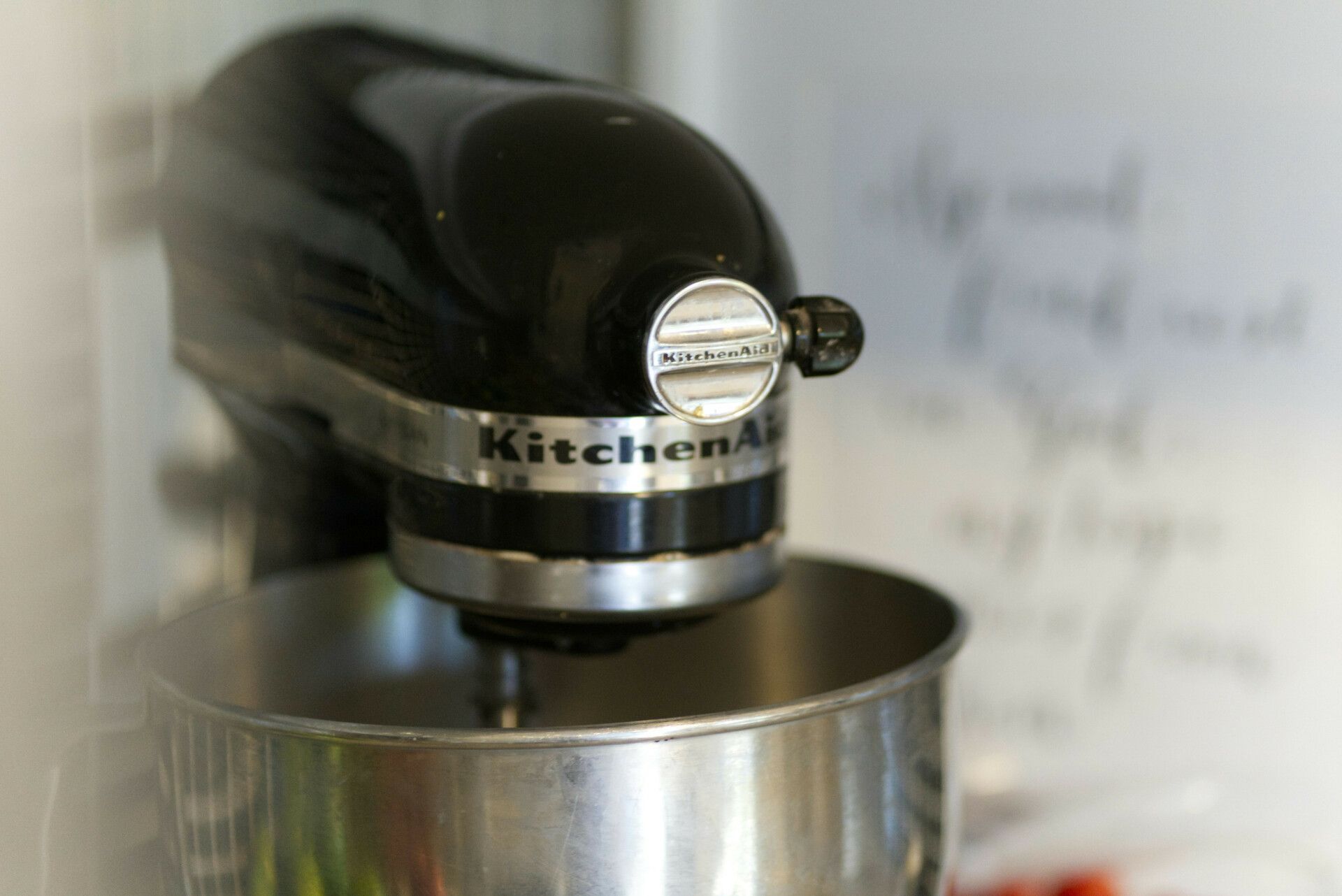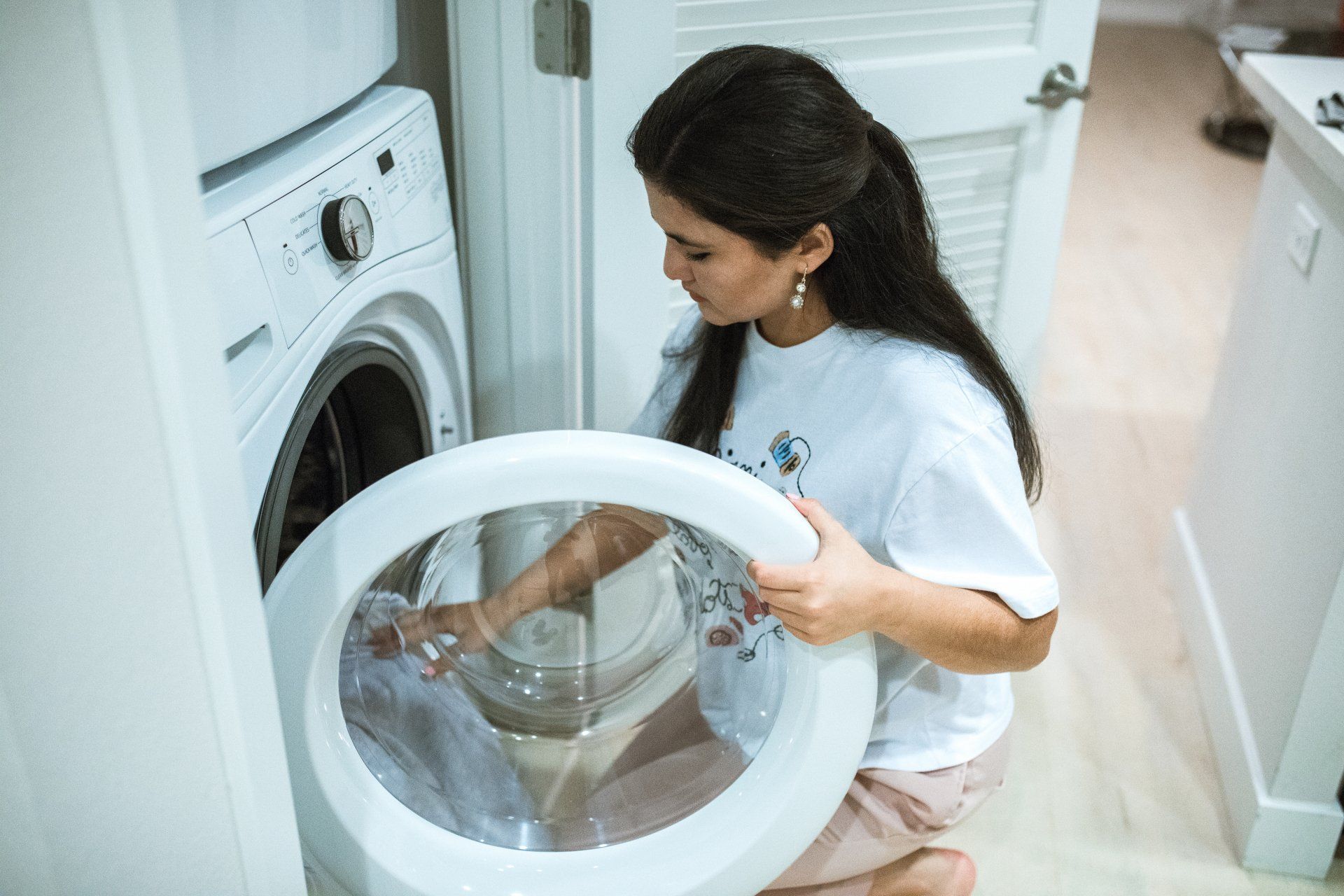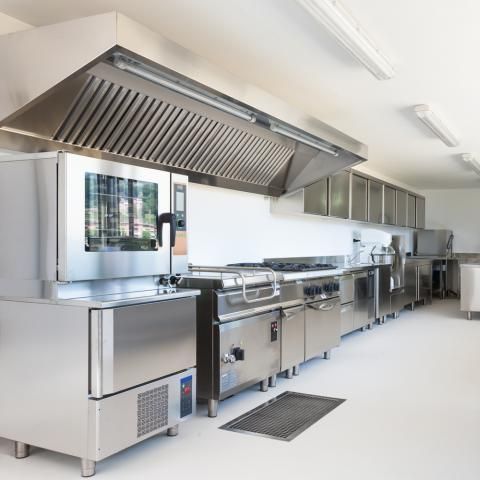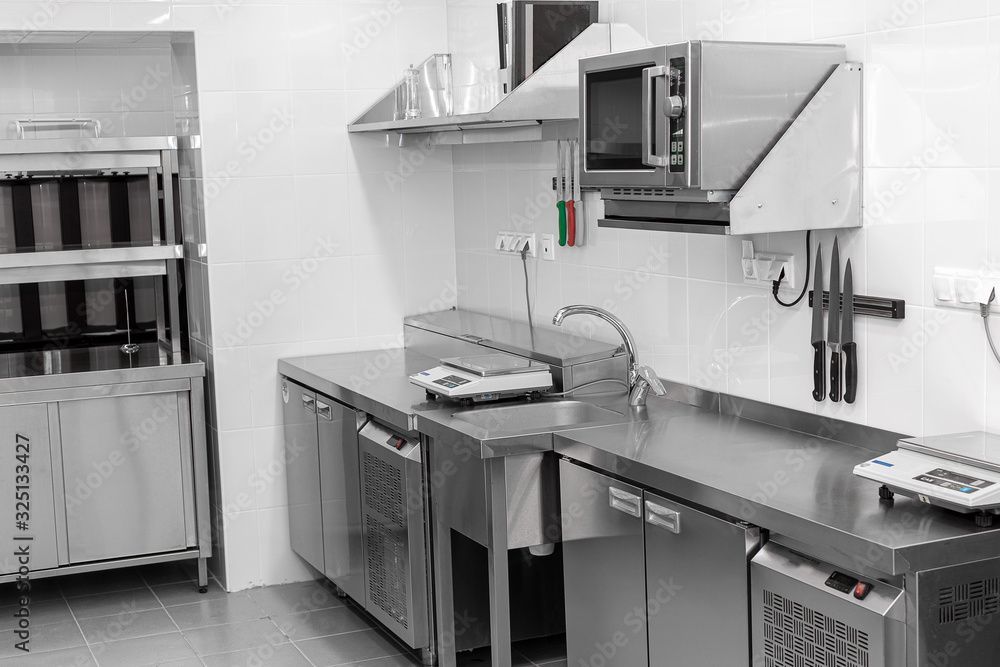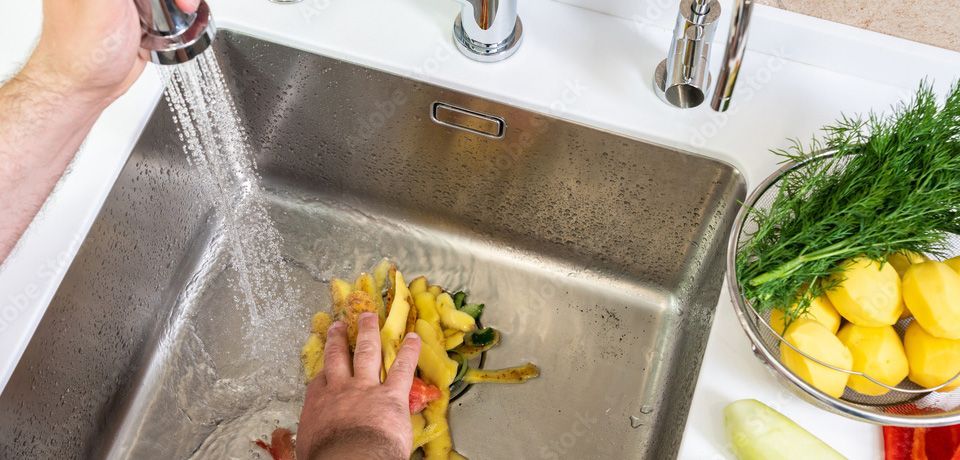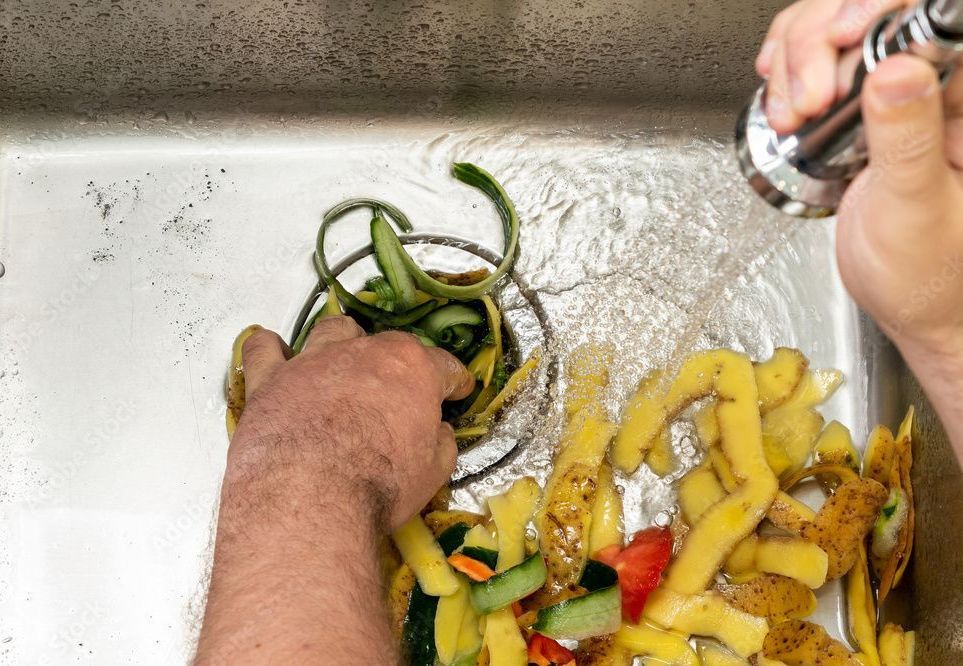Do You Need Your Microwave Repairing?
Microwave Troubles? Recognise When Repair Is the Right Call
Have you noticed your microwave oven acting out of sorts lately? A grumbling sound as the plate lazily spins or, worse yet, a cold meal after a whirring session might be familiar symptoms. From the ominous silence when the 'heat' button is pressed to the turntable's stubborn refusal to rotate, each glitch signals a unique problem lying beneath the surface. Recognising when to address these issues is a balancing act; but finding the ideal time to opt for repair can extend the life of your appliance without unnecessary expense.
Troubleshooting Tips for Microwave Ovens
Before you consider professional repairs, several troubleshooting steps may resolve common issues. Begin with an initial assessment of the microwave's condition. Examine if the appliance is powering up or responding to controls. Factors like a tripped circuit breaker or a blown fuse could be behind such a malfunction. Resetting the oven might bring it back to life; simply unplug it, wait a few minutes, and plug it back in.
Investigate the door seal for any signs of damage. A compromised seal can prevent a microwave oven from operating as a built-in safety measure. Make sure the door latches securely. If the oven interior light does not toggle with the door's open and closed status or if the panel does not respond, there’s a possibility of a faulty door switch.
Inspect the power cord for any visible signs of wear or damage. If you have found that to be the problem, a new cord may be required.
Explore the microwave's control panel. In some cases, a lock feature is accidentally activated, or the settings have become confused, which a simple reset can address.
If these steps don’t help, a more in-depth examination might be necessary. Some microwave problems originate from internal components like a defective magnetron, capacitor, or diode, which are beyond the scope of basic troubleshooting and should only be addressed by a qualified technician.
Need a Fix? Getting the Right Parts for Your Microwave Oven
Finding the exact replacement part is your next step. You have a choice between Original Equipment Manufacturer (OEM) parts and aftermarket alternatives. OEM parts are designed by the microwave's manufacturer and guarantee compatibility and reliability. Aftermarket parts, however, might present a more cost-effective solution but require careful selection to ensure they match your microwave's specifications and performance standards.
Gather Your Toolkit: Preparing for Microwave Oven Repairs
Embarking on a microwave oven repair requires an assortment of tools. A standard screwdriver set facilitates access to the interior components by removing the outer shell. Within the electrical landscape of a microwave, a multimeter proves indispensable for testing electrical circuits and verifying their integrity. Pliers are also beneficial for gripping and bending metal components, ensuring connectors are tightly secured.
Beyond basic tools, certain repairs necessitate specialised equipment. A microwave leakage detector is adept at confirming that the appliance does not emit unsafe levels of radiation post-repair. When dealing with capacitors, a capacitor discharge tool is non-negotiable, as it safely discharges stored electrical energy, thereby mitigating the risk of shock.
To carry out microwave oven repairs safely and efficiently, it pays to have a well-organised workspace. Clear your area of any unrelated items, ensuring you have ample room to navigate. Arrange your tools within easy reach, and consider a parts tray to keep screws and small components from becoming lost. By adopting a methodical approach, the repair process becomes smoother, thus decreasing the likelihood of complications.
If you are not confident in undertaking this repair - time to call in the professionals.
Recognising the time to call in the Professionals
While DIY approaches can solve certain microwave malfunctions, some situations necessitate the expertise of a technician. Knowledge of when professional assistance is required assures optimal functionality and longevity of your appliance.
Scenarios Where a Technician's Skills Are Indispensable
- When the microwave continues to operate with the door open, a fundamental safety concern arises, and a technician must address this malfunction immediately.
- If the keypad or display panel fails to respond, the complexity of electronic components involved often exceeds the reach of typical DIY skills.
- Should a sparking or arcing microwave be observed, the issue typically relates to high-voltage components; a technician's intervention prevents potential safety hazards.
- In circumstances where the microwave exhibits inconsistent heating or fails to heat altogether, underlying problems may pertain to the magnetron or other high-voltage parts, requiring professional diagnosis and repair.
Identifying Advanced Issues That Call for a Professional
Advanced issues manifest as inexplicable error codes, intermittent functioning, or drastic changes in noise levels during operation. These symptoms often indicate problems that are not accessible or repairable without specialised tools and knowledge. A professional can recognise and rectify these faults with precision, averting further damage.
DIY Repair vs. Hiring a Professional: A Cost-Benefit Analysis
Assessing the expense of DIY repairs against professional services demands consideration of not only financial costs but also time, risk, and equipment. A DIY repair may initially seem less expensive but can lead to greater costs if the repair is unsuccessful or further damage is incurred. On the other hand, professionals offer the assurance of quality workmanship, backed by warranties and the comfort of safety.
Conclusion
Reflect on whether the path to repair, with its potential cost savings, aligns with your situation or if investing in a new model is the more economical route over time, especially if it is a commercial microwave.
Maintenance will prolong your microwave's life and performance and this is important for commercial use. Regular checkups and cleanings can prevent common issues, sparing you the inconvenience and expense of untimely breakdowns. Remember, each action taken to maintain your appliance forestalls potential future disruptions.
For those facing guidance or a professional repair service, Cattermole is just a call or click away. Check out our website here for more details: https://www.cattermoleelectrical.co.uk/microwave-oven-repair-service
The Cattermole Group: Trusted Professionals
Customers can be rest assured that their KitchenAid machine is in the hands of trustworthy professionals who are trained in the repair of KitchenAid products. As an expert in their field, The Cattermole Group are dedicated to delivering exceptional customer service, ensuring the desired long-term performance of your KitchenAid product, of which there are many. So whether you are, for example, in Surrey, Derbyshire, Nottinghamshire, Staffordshire, Scotland, or London, we can help repair your KitchenAid appliance.
For more information or a quote / price for a KitchenAid mixer repair service, complete the page on our website by contacting us. Following your enquiry, we will provide you with a quotation. We can also offer a choice of KitchenAid spare parts should this be a requirement.
The Cattermole Group - your trusted partner in kitchen appliance repair and service in the United Kingdom.
